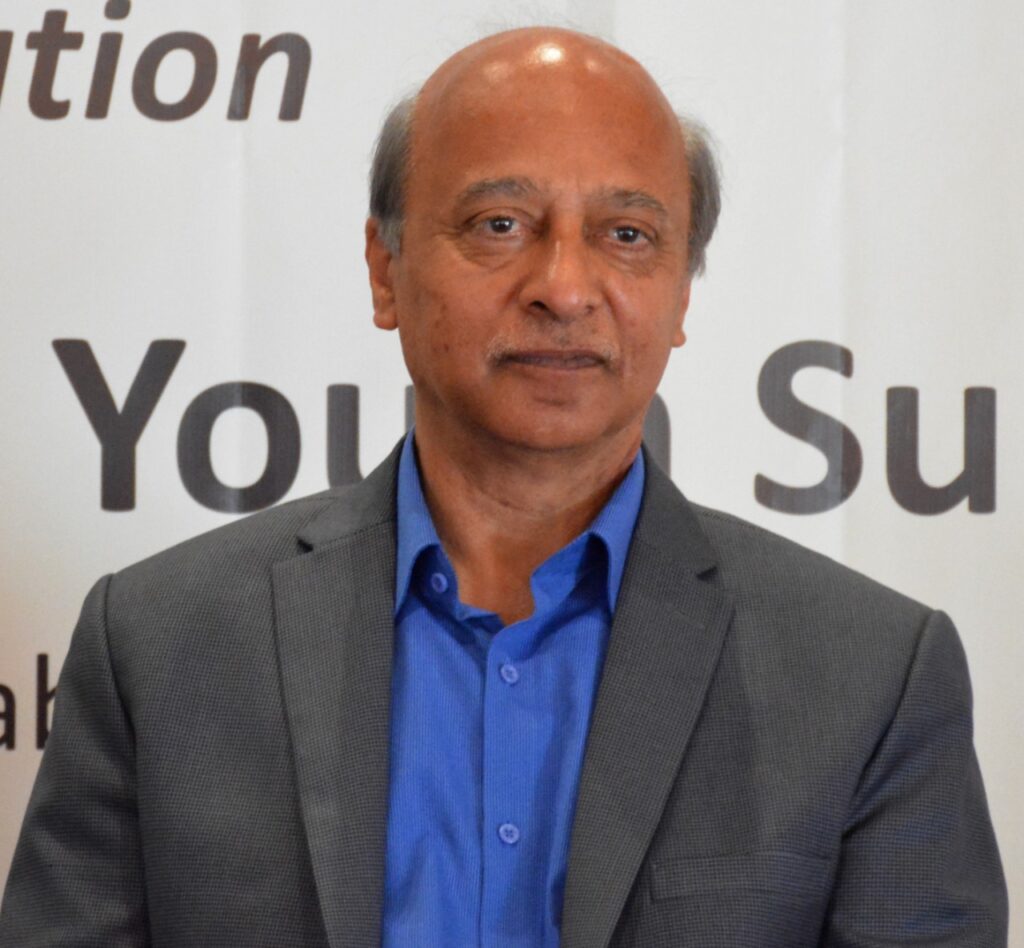
Imtiaz Gul
Last of the German troops left Afghanistan Tuesday evening (July 29) as part of the foreign troops’ phased withdrawal triggered by the Feb 29 , 2020 deal between the US and the Taliban at Doha. Seen in the context of President Ashraf Ghani’s plan of arming private militia’s to defend against Taliban the situation only arouses fears and concern.

Let us first look at the dynamics of the gradual pullout which may lead to further deterioration of security in Afghanistan.
As many as 150,000 German male and female troops served in Afghanistan as part of the Operation Enduring Freedom (OEF) that began on the heels of the US invasion of Afghanistan in October 2001. Most of US and UK soldiers would also be out in a few days. They were all part of the 135,000 strong ISAF contingents until December 2014.
Where does the accelerated pullout of foreign forces leave Afghanistan? More embattled , mired in civil war that is likely to be fought along ethnic lines i.e. Pashtoo vs Non-Pashtoon Afghans? Or will it be a new phase of proxy terrorism tied to the interests of regional countries? Will it turn into a battle-ground more for foreign funded proxy terrorists than ideologically driven non-state terrorists?
This situation represents a potentially grave security and socio-political challenge for Pakistan too; more fighting means more instability that may push tens of thousands of Afghans into neighboring Pakistan and Iran.
Isnt it sad that two decades after their chest-thumping march into Kabul in the name of OEF in December 2001, the International Coalition Support Forces (ISAF) have now almost packed up, leaving behind an Afghanistan that is as volatile and insecure as it was then?
President Ashraf Ghani has already announced to help arm local militia’s to counter Taliban. The US has promised an annual $ 3.3 billion aid to sustain the Afghan security apparatus for the next two years.

Observers wonder as to whether there will be some mechanism to check the use of the US security and development assistance of $3.3 billion? How will, if at all, the Special Inspector General for Afghan Reconstruction (SIGAR) make sure that part of that critical funding is not funneled into the private militia’s that Kabul wants to raise against the Taliban?
Or is that possibility anchored into the greater US strategy focused on China – as the biggest challenge to the American interests? This may sound ironical and far-fetched but, according to most Chinese security experts, this remains a strong possibility, particularly after the G-7 summit in the UK (June 11-13).
Will President Ghani be able to rein in some of his army and intelligence officials who have publicly avowed to resist (terrorist) Taliban at all cost?
How do you prevent such people, for instance Ameer Shah Sadaat, the Samangan chief of the National Directorate of Security (NDS), to follow Kabul’s national reconciliation policies ? Isn’t there a likelihood of such people becoming proxies or systemic supporters of proxy terrorism to subvert the peace process? An affirmative answer to the last question certainly represents a grave crisis for Pakistan. Time for a grand national inter-institutional consensus on foreign policy issues?



